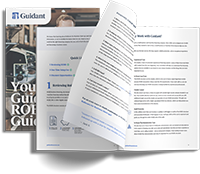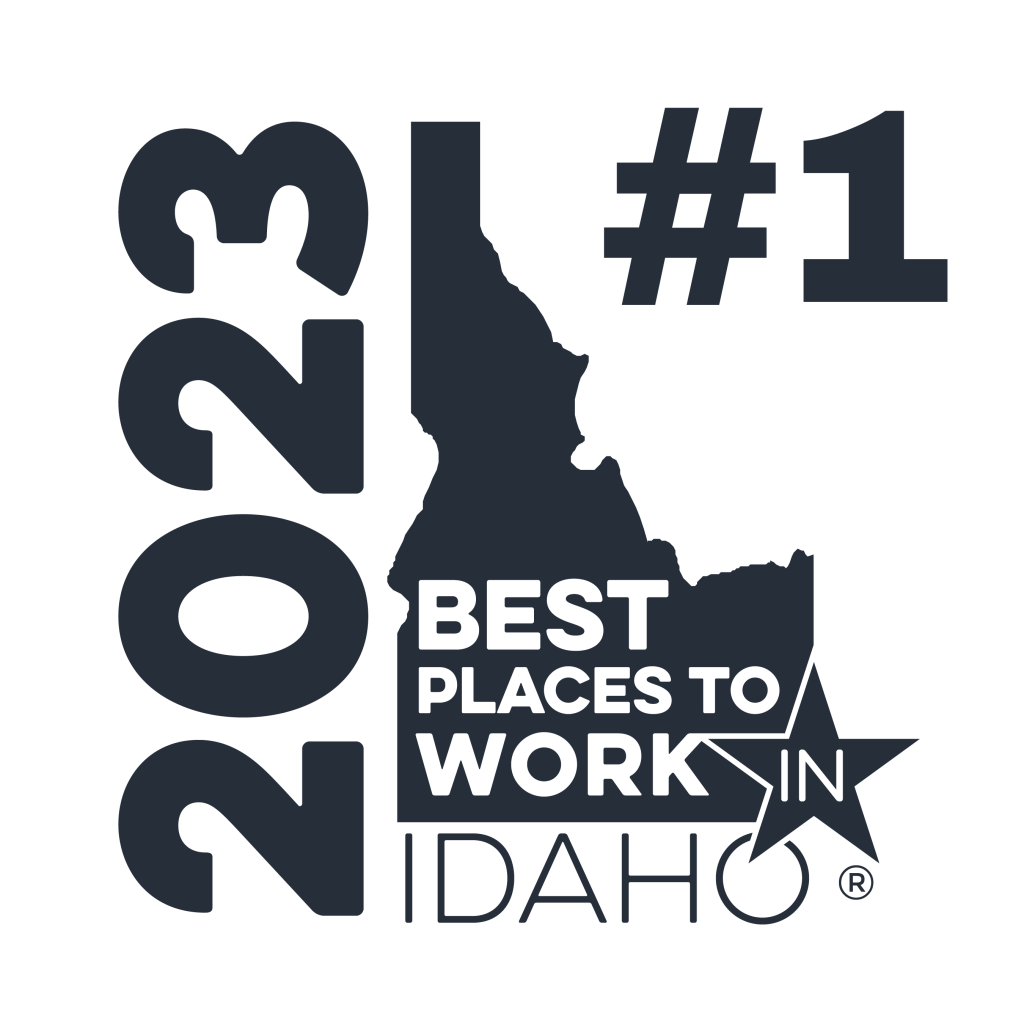- Meet common business challenges
- Help your company be nimble
- Recruiting support
- Manage and streamline payroll-related rules, regulations, and services
- Maintain employer compliance
- Save your business fines and fees
Because of these needs, a third-party provider for small business payroll services can be one of your most valuable players. Payroll providers streamline and automate the business of payroll. But they can also do much more.
Many entrepreneurs associate small business payroll services only with payroll services. But payroll services providers help across the spectrum of business functions. Investing in payroll services early ensures robust functioning of your business and helps you troubleshoot potential challenges.
Six Ways Payroll Providers Can Help Your Business
Payroll Services Help You Overcome Common Business Challenges
Even the best-run small businesses encounter challenges – they’re part of the territory. But a well-run small business will plan for challenges, especially common ones, to prevent them from becoming problems.
Payroll services can pay a particularly robust role in handling four of the areas cited as among the most common challenges by small business owners in Small Business Trends: 2020.
Eleven percent of small business owners surveyed in Small Business Trends: 2020 cited payroll and other administrative work as a top challenge. Running payroll includes choosing among methods, such as cutting checks or direct deposit or ensuring that appropriate Federal, state, and local taxes are taken out of employee paychecks.
These tasks aren’t always easy and can erode the time of busy owners. Plus, hiring and supervising personnel to do these functions can actually be less time- and cost-effective than working with a third-party provider offering turnkey solutions.
Thirteen percent of small business owners cite time management as a top challenge. Here, too, attempting to perform payroll functions yourself or hire and supervise an employee performing them is not as time effective as outsourcing your payroll services.
Recruiting and retention are cited by 16 percent of small business owners as a significant challenge. Payroll services providers also offer a wide array of human resources and risk management services that can take a portion of these functions off your plate. They provide job description templates and access to job posting sites, for example.
Payroll Services Help Your Company Be Nimble
Beginning in March 2020, the U.S. economy faced unprecedented challenges as it geared up to combat the COVID-19 pandemic. Businesses in some sectors, such as restaurants and travel, shuttered their doors. Others, engaged in the provision of essential services, needed to scale up rapidly to meet large spikes in demand.
Despite the massive effect of COVID-19 disruptions, they illustrate more general principles common to businesses all the time: conditions change. At times, they change drastically and without much advance notice. The more nimble a company is at responding to changing conditions, the more robust their business will be. If you can capitalize on positive changes, your business can be stronger. If you can minimize disruption and downside, the less you’ll suffer from negative changes.
Payroll services maximize your company’s ability to be nimble at all times. If you need to rapidly scale up your number of employees, for example, you can add them to payroll seamlessly. If, on the other hand, your needs are to scale down effectively and rapidly, they can help you downsize payroll.
Payroll Services Offer Recruiting Support
Not only do 16 percent of small business owners see recruiting and retention as significant challenges in running their business, recruitment is often a double-sided challenge for business owners. On the positive side, recruitment is imperative if the company is to grow and place key people in the right positions.
On the negative side, though, the entire recruitment process requires a serious time commitment that comes at the expense of other important functions. Recruitment can also require both time and money: the average time to hire is roughly a month and a half, and the average cost is more than $4,000, according to the Society for Human Resources Management. Many companies hire staffing agencies to help them during this process.
To add to the potential negative factors, not all hires will result in effective and strong employees. While no one wants to make a bad hire, it happens. If it occurs in your company, you’ll spend even more time and money hiring a replacement. In the meantime, you may lose both personal and company productivity.
Payroll services can help in key ways during the recruiting process, including background check support that increase the prospects of making excellent hires and protect against the costs of a bad one. Payroll services can support recruiting procedures and benefits provision as well.
Tailored Funding Options for You
Payroll services Manage and Streamline Rules, Regulations and Services
Payroll and Human Resources Departments are often tasked with keeping abreast of payroll withholding and coverage rules and regulations that can be complicated. A payroll provider can manage all the rules, regulations and services.
In most states, for example, workers’ compensation insurance is required. It is just one requirement, along the Federal Insurance Contributions Act (FICA) that covers Social Security, Medicare, and state unemployment insurance, that must be managed appropriately. Otherwise, your company can be subject to action and fines from the government.
Various regulations apply not only to required coverage and withholding, but to employee benefits. If you provide your employees with retirement benefits, such as a 401(k) plan, errors can cost you. Employee salary deferrals must be deposited into their individual accounts within seven days of payroll. If your company misses this by just a day, the Internal Revenue Service (IRS) may audit your 401(k) plan. Payroll service providers can ensure that these deposits will be made on time.
Payroll Services Help You Maintain Employer Compliance
Payroll service providers, like Guidant, are small business experts, not just folks that help you with payroll. Some of their services can help your company in ways you may not be aware you need help. One of the most significant of these services is compliance. Corporate compliance is a general term for company programs designed to prevent any violations of standards, codes, regulations, and laws.
Compliance works in two ways. First, you need to be compliant with all applicable laws, regulations, codes, and standards – including Federal, state, and local authorities. Your company must comply with applicable safety and inspection standards, relevant Equal Employment Opportunity Commission (EEOC) standards, Federal laws on harassment, and so on.
Second, you need to set policies and procedures that your employees must comply with. You may need safety regulations and other relevant standards posted, for example, so standards are disseminated to employees. You need written policies on paid time off (PTO), progressive discipline, and drug and alcohol policy.
Some business owners may question whether written policies and procedures are really necessary. They are part of overall company risk management. If you don’t spell out policies on progressive discipline, for instance, and choose to terminate an employee, you may be subject to a lawsuit. While this may be rare, written policies and your ability to show you complied with these policies ultimately protect you. Both your compliance and your employee compliance standards are risk management methods that can protect you from misunderstandings, too.
Payroll services can help with compliance, including ensuring required tax and other withholding and development of employee handbooks for clear policies and procedures.
Payroll Providers Can Save You Fines and Fees
Benefits aren’t the only potential causes of a tax audit. As most business owners know, IRS audit risk is low, at under 2 percent. But that’s not to say that tax penalties don’t exist. In 2018, the IRS levied $6.4 billion in penalties alone on business income and another $4.8 billion on employment taxes.
These fines can kick in for infractions such as failing to pay business income tax, FICA, and for late tax payments or underpayment. If your business is a corporation or a limited liability corporation adhering to corporate tax structure, these taxes apply even if you’re the only employee of your business. Fees and fines can also compound over time, potentially strapping your company of needed cash flow.
But the fines are relatively easy to avoid, too. A payroll services company will ensure your taxes are paid correctly and on time, saving you on penalties, fees and fines.
We’re Here to Help
Especially in the startup and early stages of a small business, you may think your company is too small to benefit from a payroll provider. But for all the reasons above, partnering with an industry expert is one of the smartest moves you can make. Schedule time to chat about what you need or call us at 888.472.4455 ext. 3338.
















